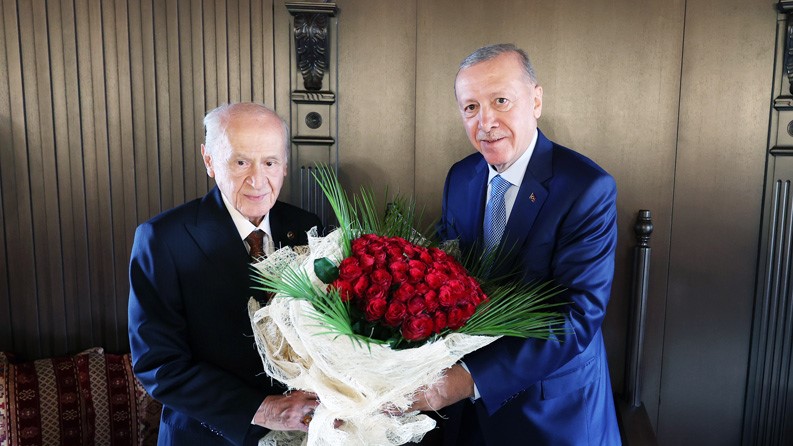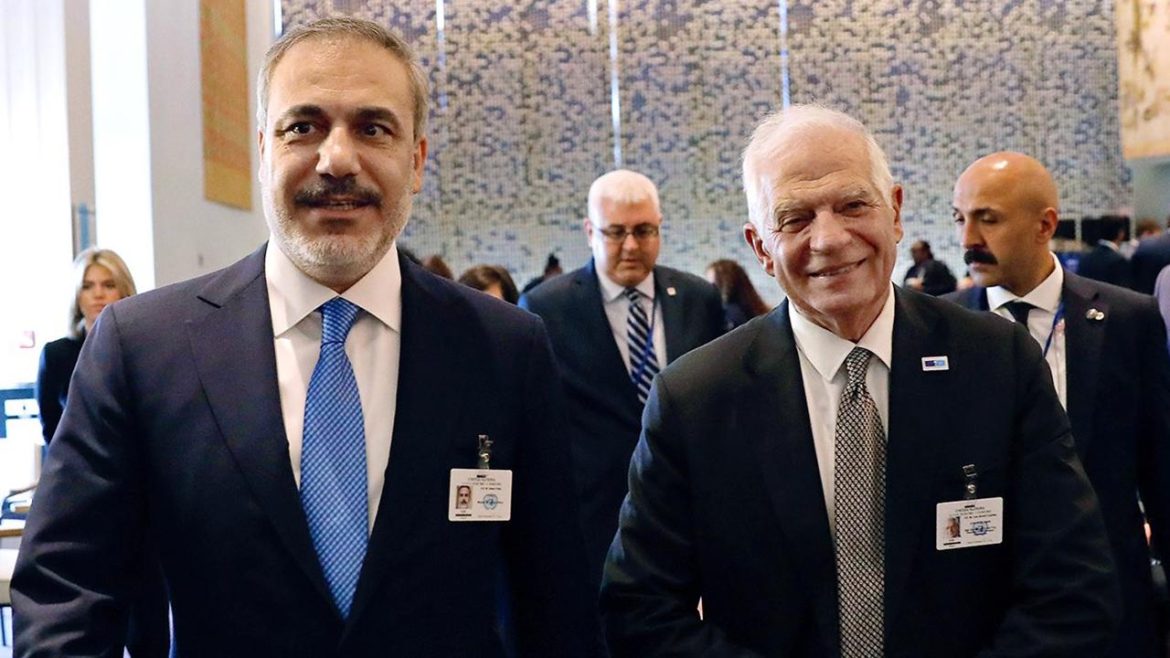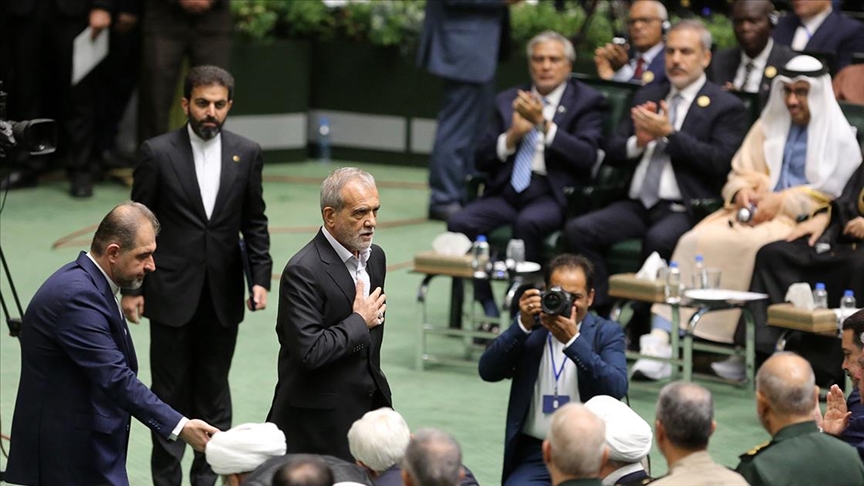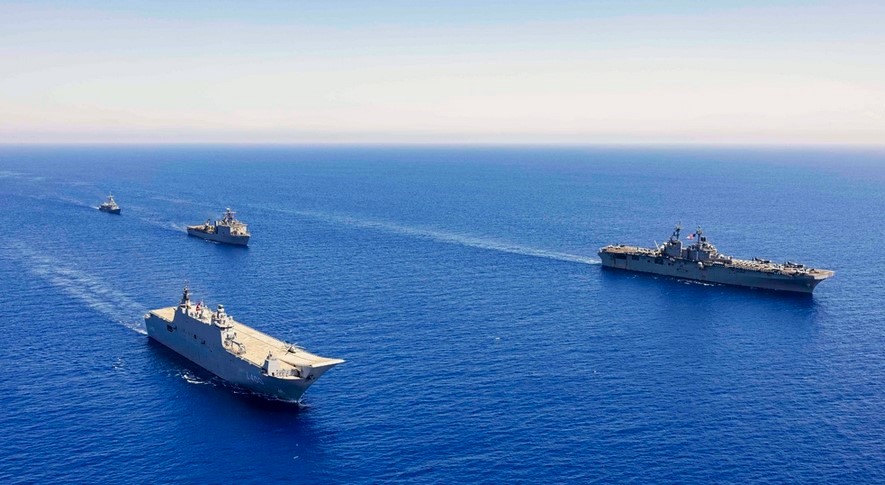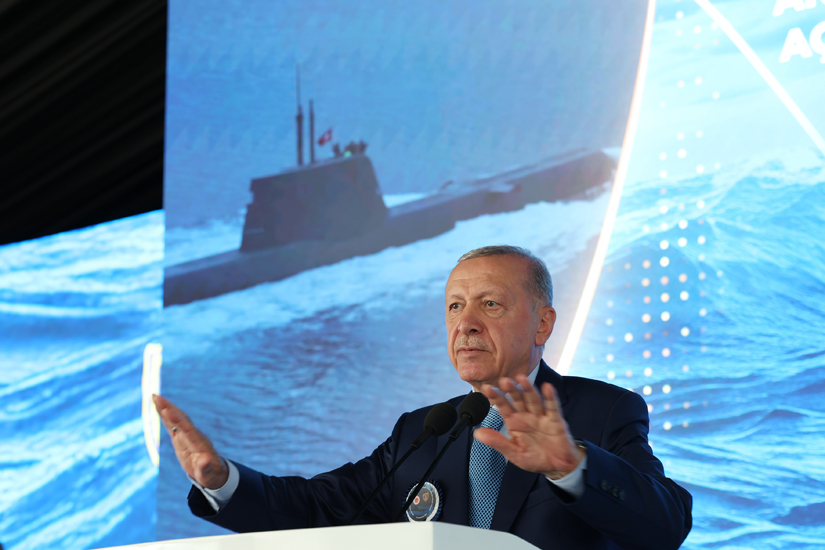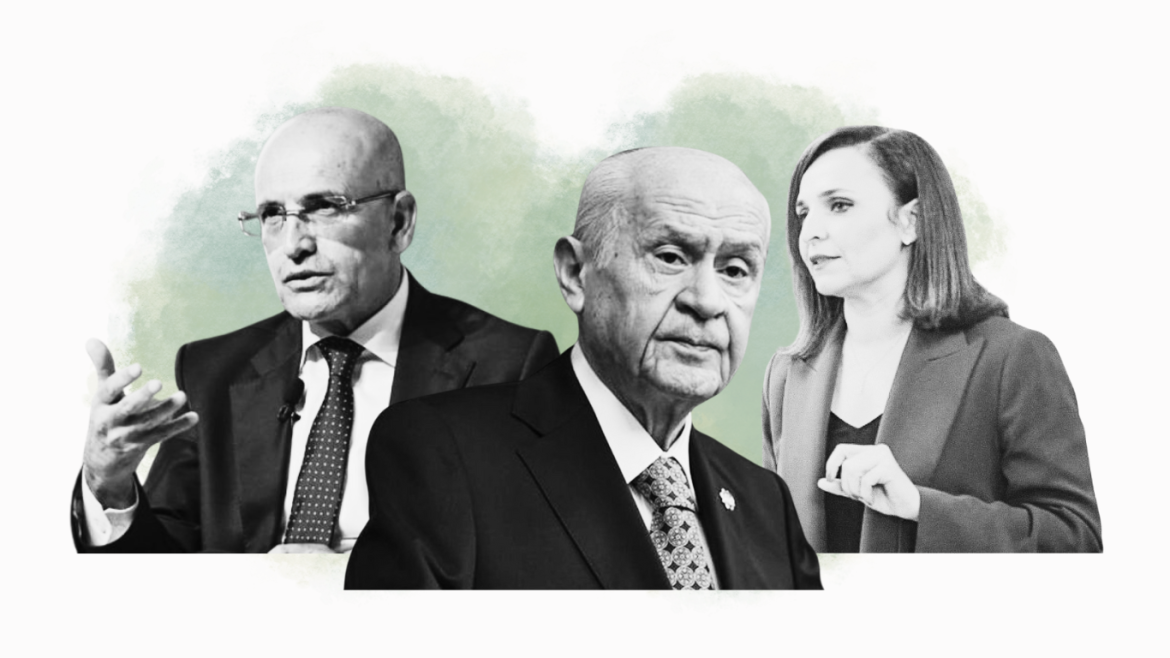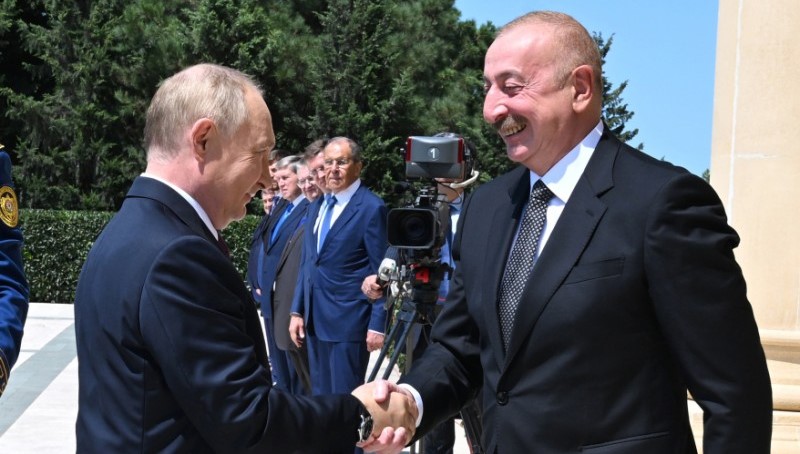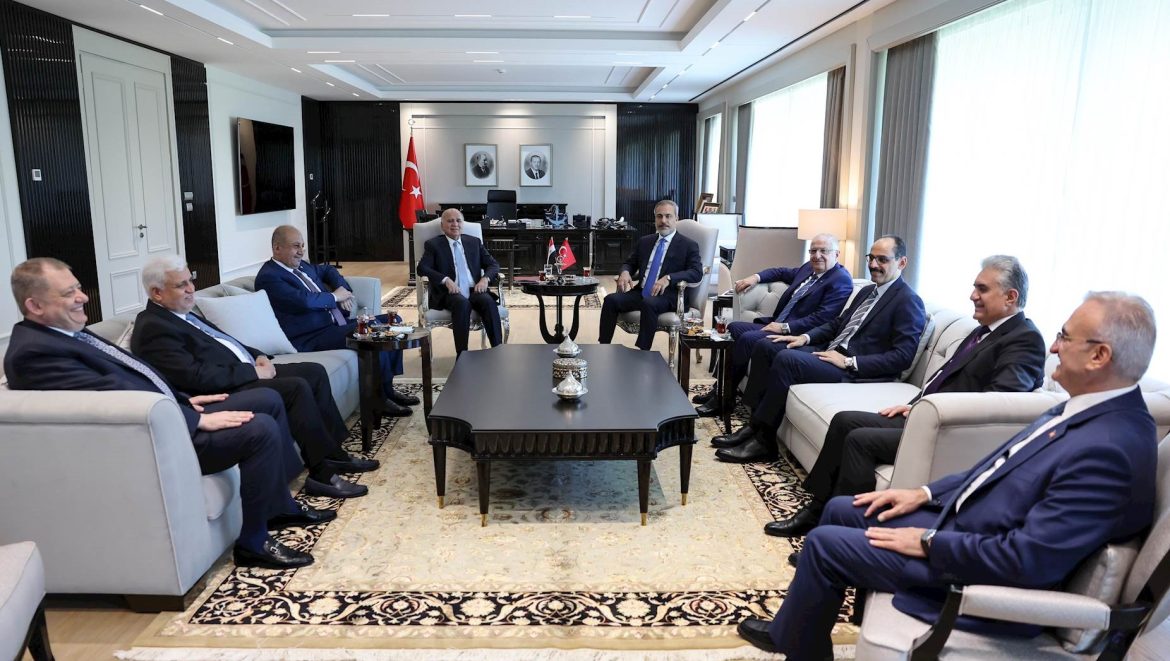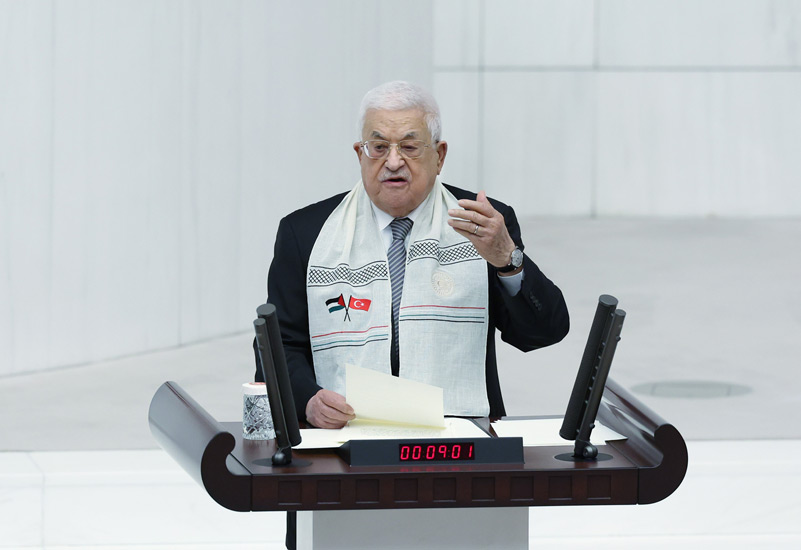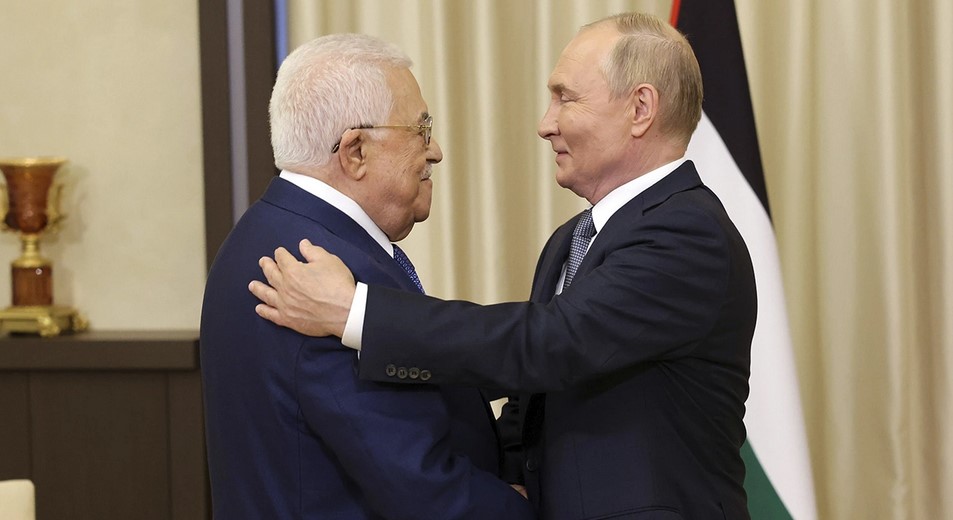I wonder if it’s appropriate to describe the conspicuously close relationship between President Recep Tayyip Erdoğan and MHP leader Devlet Bahçeli, as a “bromance.” This was on full display during the 953rd-anniversary celebrations of the Malazgirt Victory on August 26 in Ahlat, much to the chagrin of their opponents. Perhaps “strategic alliance” would be a
Just before Foreign Minister Hakan Fidan’s participation in the informal ‘Gymnich’ meeting of European Union Foreign Ministers on August 29, EU Commission Vice President and High Representative Josep Borrell finally revealed the Union’s common thought towards Türkiye. Borrell’s message before the meeting, to which Türkiye was invited for the first time after a 5-year interval,
Discussions about Türkiye-Iran relations often begin by emphasizing that the borders between the two countries have remained unchanged since the 1639 Treaty of Zuhab. This enduring stability is symbolic of the deep historical ties, political stability, and respect for the status quo despite centuries of fluctuating relations. Beyond the Sunni-Shia divide, these long-standing ties have
President Tayyip Erdogan delivered a speech on August 24th at the Aksaz Naval Base in Marmaris, vowing to further strengthen Turkey’s navy and army. The impressive TCG Anadolu, Turkey’s first amphibious assault ship, served as a backdrop. Anadolu had just returned to Aksaz after participating in a joint military exercise with the United States in
Turkish President Recep Tayyip Erdoğan reaffirmed Ankara’s commitment to bolstering Türkiye’s military forces at the commissioning ceremony of the country’s first submarine built under the €2.06 Billion “New Type Submarine Project.” In an event which marked the commissioning of the Piri Reis Submarine on Aug. 24 in Muğla, Erdoğan said “We are fully aware that
In recent weeks, Türkiye has entered a tumultous period marked by a series of interrelated internal and external developments. These events, although seemingly unrelated at first glance, when considered together, paint a picture of a country teetering on the edge of significant economic and political instability. The atmosphere is charged, open to provocations, and reminiscent
I first heard the phrase “Two states, one nation” from Abulfaz Elchibey. It was early 1992, just after Azerbaijan had declared independence from the Soviet Union. Elchibey was still officially banned from politics, but my colleagues Semih İdiz, Aziz Utkan, and I managed to interview him in a basement belonging to the Popular Front in
Türkiye and Iraq signed a “Memorandum of Understanding on Combating Terrorism” on August 15. On the 40th anniversary of PKK militants launching an armed struggle against Türkiye with raids on Eruh and Şemdinli from Iraqi territory, Foreign Minister Hakan Fidan and his Iraqi counterpart Fuad Hussein signed this symbolically significant agreement. However, this agreement, which
Palestinian President Mahmoud Abbas announced that he will go to Gaza with the entire Palestinian leadership delegation, stating that “there is no solution left.” Addressing to UN, Abbas said, “I want to express that after Gaza, I will head towards Jerusalem. Addressing the Turkish Grand National Assembly in Ankara on August 15, the Palestinian President
A recent claim has set diplomatic circles abuzz. Ömer Önhon, Türkiye’s last ambassador to Damascus before ties were severed, suggested in an Arabic newspaper El Mecelle that President Erdogan might arrange a meeting between Palestinian President Mahmoud Abbas and Hamas leadership in Ankara. Abbas is scheduled to address the Turkish Parliament on August 15. While
